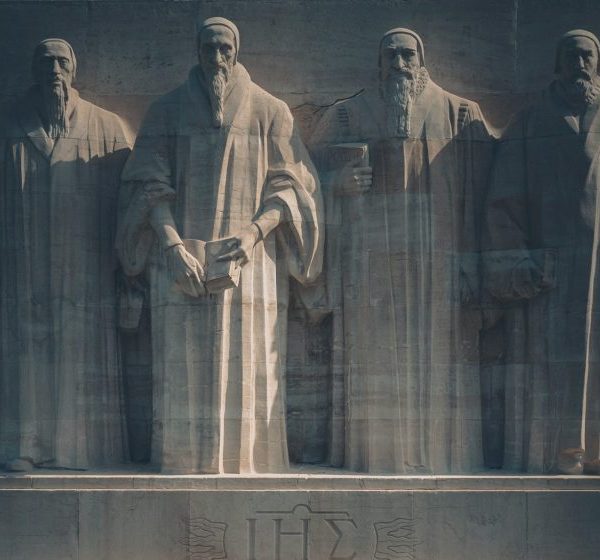The Wealth of Networks
 New technologies have brought us to a critical moment of transition. Will markets, social relationships, and democracy ever be the same again?
New technologies have brought us to a critical moment of transition. Will markets, social relationships, and democracy ever be the same again?
Yale University Press author Yochai Benkler will be giving a free public talk about the ideas in his new book, The Wealth of Networks: How Social Production Transforms Markets and Freedom, at Eyebeam, 540 West 21st Street (between 10th and 11th Avenues) in New York tomorrow (April 14) from 6:00-8:00 pm.
In the industrial economy of the recent past, the opportunity to be a producer of information was limited to those who had significant capital. To reach millions, one needed access to a printing press, a satellite, a radio tower. Now, for the first time in human history, any person with a computer and a network connection already has the capital to share information with millions of others. In the past, very few individuals could realistically decide to build a library of global reach or create an encyclopedia. Today any networked person can cooperate with any number of others to achieve shared goals, large and small. The limit on the production of such valuable things as knowledge and culture is no longer investment capital, but human creativity. The knowledge generated by creative and cooperative new producers operates outside the marketplace, often shared for free to be altered and enhanced by anyone who cares.
It is easy to see cooperative, non-market phenomena like Wikipedia as peripheral to our main economic, political, and social life. Entrenched ideas as well as forces designed to protect industrial interests encourage us to close our eyes. But in The Wealth of Networks, Yochai Benkler argues that non-market production of information is at the very center of our transforming world, and that human relationships, economic life, even democracy may never be the same.
What does it mean for human social interactions when geographically separated people can come together with ease to achieve goals unthinkable in the past, then move on to cooperate with others on other projects? What does it mean for politics and government when people rely upon networks of non-expert individuals for information on candidates and programs? How will information industries survive if the model of proprietary information for sale is fundamentally altered? Providing a comprehensive social theory of the Internet and the networked information economy, Benkler describes exactly how patterns of information, knowledge, and cultural production are changing and what the future may hold. He argues that the way information and knowledge are made available can either limit or enlarge freedom of ideas and expression. He describes the range of legal and policy choices that confront us and maintains that there is much to be gained—or lost—by the decisions we make today.
Benkler believes we must embrace the opportunities in front of us to build a new world of improved freedom and justice. In The Wealth of Networks, he charts a bold course for doing just that.



